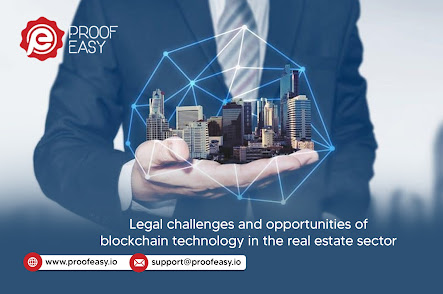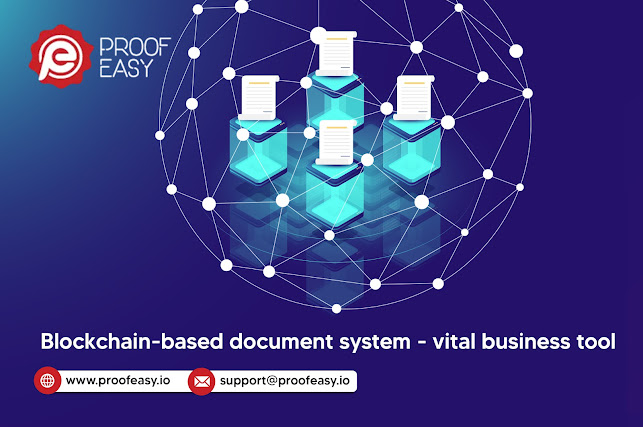Passport on Blockchain is a new Idea
Blockchain is a decentralized, publicly accessible, and extremely secure network. Every 10 minutes, the network reconciles every transaction that occurs. Each set of transactions is referred to as a block. Blockchain technology is utilized in a variety of industries, including healthcare, cross-border payments, real estate, and finance. The graphic summarises how blockchain distributed ledger technology is used in digital passports. Furthermore, it emphasizes how the digital passport saves both money and time when compared to the present passport system for both the government and the general population.
In nation A, individual X walks to the airline check-in desk at the airport, confirms his visa and ticket using a digital passport and a facial recognition system. He no longer has to confirm his details at the immigration counter because they are already on file. Because all visa validations, identity identification, and trip history have been dispersed in the blockchain system, the procedure will be significantly faster in nation B.
Blockchain is a system that is transparent, autonomous and secure. Blockchain technology will be used to create the next generation of passports. It would not be incorrect to refer to it as a digital passport, given it operates with the assistance of a face recognition program. Because data will be immutable and kept in encrypted blocks, the distributed network in blockchain will give users complete control over their identities. To ensure the digital passport's legitimacy, the government should provide identification documents and authorize the passport.
The Advantages of a Digital Passport
1) Detection of passport and visa fraud will be simple and quick. 2) Individuals will have control over their data. 3) It simplifies the trip procedure. 4) Because data is kept in encrypted blocks, there is virtually little possibility of data being hacked. 5) There is no expiration date. 6) Because it is digital and everything is done through an app, it is simple to maintain track of one's trip history. Furthermore, the app's user-friendly technology makes it simple for individuals to navigate through it.
The globe has been swept up in the digital revolution. While we all love the convenience of having everything at our fingertips, it is not without drawbacks. One of the key concerns that must be addressed in the digital era is privacy. However, with the introduction of digital passports, many fraudulent actions may be reduced, and privacy concerns will be minimized. Many nations have already signed Memorandums of Understanding (MoUs) to do extensive research and study on blockchain technology and how it may be utilized to build an app that meets the demand for a digital passport.




Comments
Post a Comment